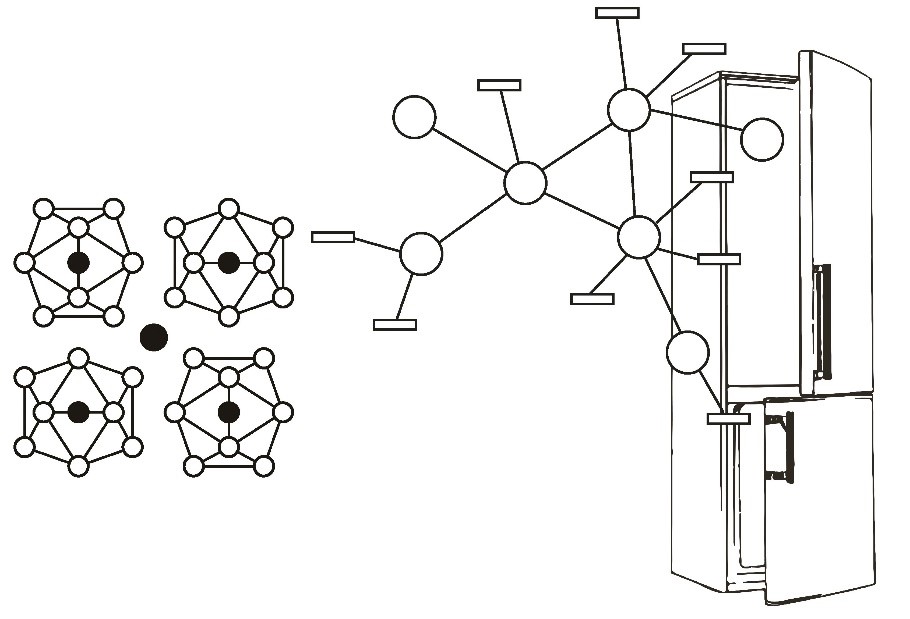Project runtime: 01.02.2021 – 31.01.2024
2023-03-05_DPG_Poster_DiProMag
2023-09-22_Vollversammlung_Poster_Workflows_DiProMag
2023-09-22_Vollversammlung_Poster_Experimental_DiProMag
2023-09-22_Vollversammlung_Poster_Methoden_DiProMag
2022-11-03_Vollversammlung_Poster_DiProMag
2023-09-22_Vollversammlung_DiProMag
2021-06-10_BMBF_KickOff_DiProMag
2022-03-17_Vollversammlung_DiProMag
The entire air-conditioning technology, but also current and future key technologies such as artificial intelligence or quantum computers, are inconceivable without heating and above all cooling equipment. This is true for Germany, but even more so for the USA, China and India. Alternative cooling and heating concepts that require less energy and use environmentally friendly materials are of great importance for reducing the associated CO2 emissions. With the so-called "magnetocaloric" materials considered in this project, technical innovations should succeed that contribute to energy-saving and environmentally friendly refrigeration - from private households to industrial use. The generation of cold is based on a transformation of the crystalline structure of the materials that can be controlled by a magnetic field, during which energy is released or stored. This process can replace conventional refrigeration by compression and expansion in compressors, often using environmentally harmful refrigerants. Together with the industrial partner Miele, the entire process chain from the experimental production and characterisation of the magnetocaloric materials to their theoretical description and the construction of a demonstrator is to be realised and digitalised throughout. Based on a new approach for the scalable development of comprehensive ontologies, all process data and pursued intentions are digitally represented. Using a special procedure, these structured and unstructured data are used to train a high-dimensional data space in order to gain new knowledge about material-physical relationships in a completely digital way via analogy inferences. The long-term goal is to build up a digital magnetocaloric material base and use it for the discovery and development of better material properties in order to find industrially suitable solutions more quickly, effectively and cheaply in the future.
